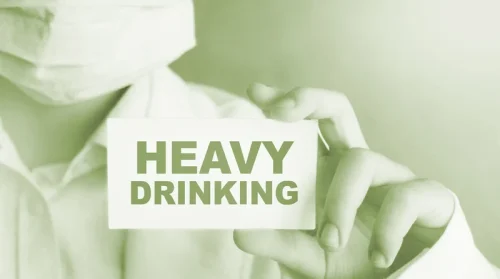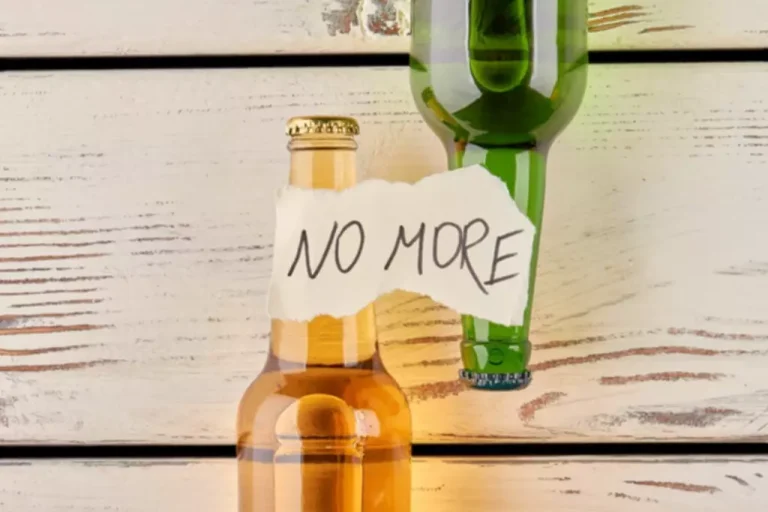Top 10 Stress Management Techniques for Students

During this reaction, stress hormones trigger physical symptoms such as a faster heartbeat, quicker breathing, and constricted blood vessels. Journaling may help reduce stress and anxiety and provide a positive outlet for your thoughts and emotions. A 2022 review of research suggests that people who follow a diet high in ultra-processed foods and added sugar are more likely to experience higher perceived stress levels. If negative thoughts overwhelm your ability to make positive changes, it’s time to seek professional help.

Minimize phone use and screen time
Research by Skinner and Zimmer-Gembeck (2007) reviewed 44 studies and identified and structured common adaptive coping strategies. From this research, the Adaptive Coping Wheel was developed by our very own Hugo Alberts, Ph.D., and can be found in our Positive Psychology Toolkit©. Unhealthy coping is a mechanism used to prevent stress; however, the results are deleterious to the individual.

Healthy Coping
- But that means you might miss out on how relaxation can benefit your health.
- One study found that anxiety levels decline in people who were coloring complex geometric patterns, making it a perfect outlet for stress reduction.
- Problem-focused coping involves taking steps to remove the stressor from your life (as opposed to changing how you feel about the stressor).
- Some of the keys to good stress management are building emotional strength, being in control of your situation, having a good social network, and adopting a positive outlook.
Stress is an inevitable part of life, affecting individuals in different ways. Our thresholds for how much stress we can endure differ from one person to the next. They also need to communicate with educators when they think their child needs more help, attention, tools, and support. Like students, Turovsky says teachers and other school employees need to acknowledge that they may be dealing with burnout. When this happens, the best thing you can do is treat yourself with compassion.
Sutter Health
- Shutting the phone down 30 minutes before bedtime has been shown to have the potential to improve quality of sleep, working memory, and positive emotions during the day.
- And although it may often feel unpleasant, stress is an evolutionary necessity.
- Stressed students may find that listening to relaxing music can help calm the body and mind.
- Leisure activities can be a wonderful way to relieve stress.
- Alcohol, nicotine and caffeine may temporarily relieve stress but have negative health impacts and can make stress worse in the long run.
After a few minutes, open your eyes and return to the present moment. So it’s important to have a variety of stress relief tools at your disposal. Then, you’ll be able to pick a strategy that works best for your current healthy ways to cope with stress circumstances. Professional counselors or therapists can help you find the sources of your stress and learn new coping tools. Writing down your thoughts and feelings can be a good release for otherwise pent-up feelings.
Stress reduction techniques that utilize mindfulness include meditation and mindfulness-based cognitive therapy (MBCT), a type of cognitive behavioral therapy. https://ecosoberhouse.com/ Procrastination may harm your productivity and leave you scrambling to catch up. This can cause stress, which negatively affects your health and sleep quality.
Try Mindfulness
If it’s unrelated to anything, maybe it’s a sign your mind and body need a break. Facing stress is an opportunity to reset your mind and take it as a chance to grow. Researchers say the brain is rewiring and trying to learn from the experience so you can handle it differently next time. But when the stress boilover happens during work, at a party, or in public, dropping everything to take a nap is definitely not a good look. And in these situations, stress can also join teams with anxiety, leaving you figuring out how to rein in both emotions.

There’s a lot of healthy foods that can help reduce your stress such as avocados, chia seeds, dark chocolate, spinach and almonds. Clinical psychologist Adam Borland, PsyD, shares how to reduce stress before it gets out of control. Between everyday work stress to maintaining relationships, navigating social engagements and wrangling the kids stress, there’s more than enough stress to go around. Luckily, there are plenty of stress-relief techniques out there to choose from. Seek help and support from family and friends, whether you need someone to listen to you, help with child care or a ride to work when your car is being repaired. And experiencing high levels of daily stress can be overwhelming.
- Such medications may include sleep aids, antacids, antidepressants, and anti-anxiety medications.
- Any kind of exercise can lower stress and improve your mood ― just pick activities that you enjoy and make it a regular habit.
- Another way to take control of your stress is to stay on top of your priorities and avoid procrastinating when you aren’t feeling stressed.
- They may also be referred to as ineffective or maladaptive strategies.
- Healthy coping strategies may soothe you, temporarily distract you, or help you tolerate your distress.















.jpg)
.jpg)









